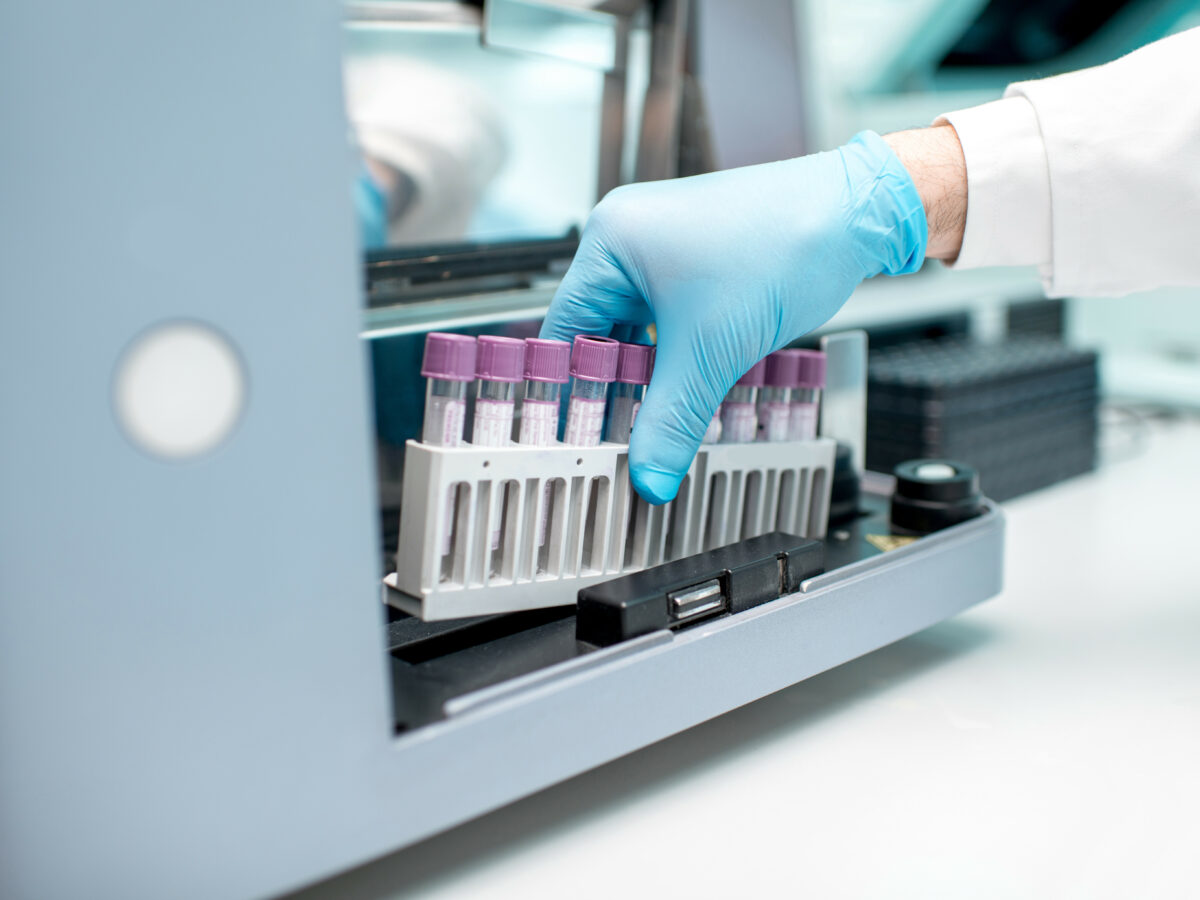Aging is a complex biological process that impacts every individual. While the desire to understand and manage aging has driven decades of research, a recent survey highlighted in Nature reveals that scientists remain divided on many fundamental questions. These include the causes of aging, whether it qualifies as a disease, and when it even begins. Despite this lack of consensus, there is a shared goal amongst researchers: to help individuals live longer and healthier lives through proactive approaches.
How Do We Define Aging?
The definition of aging varies widely among experts. Some view it as a progressive decline in bodily function, while others describe it as the gradual accumulation of cellular and molecular damage. Another perspective frames aging as an evolutionary process. Moreover, a growing number of researchers consider it akin to a disease, focusing their efforts on developing innovative therapies that slow or reverse the aging process.
Dr. Alan Cohen, a researcher cited in Nature, cautions against labeling aging solely as a disease. He argues that such a classification might oversimplify a complex process and misguide research efforts. For men seeking to stay ahead of age-related changes, this diversity of thought underscores the importance of a comprehensive health strategy. By focusing on prevention and treatment, men can navigate the challenges of aging more effectively.
When Does Aging Begin?
Another area of debate surrounds the timing of aging. Some suggest it starts at conception, influenced by the age and health of the parents. Others argue it begins at birth or even later, during puberty or in the early twenties once the body reaches peak performance. This uncertainty highlights the importance of starting age management strategies as early as possible.
For men in particular, adopting proactive habits such as regular health screenings, a balanced diet, and regular exercise can mitigate the effects of aging before they become significant challenges.
Practical Steps for Age Management
Even as researchers strive to unravel the mysteries of aging, practical strategies can help men maintain their health and vitality:
Monitor Hormonal Health: Hormonal changes, especially in testosterone, are a natural part of aging. Regular screenings can help identify imbalances early, offering opportunities for targeted interventions.
Adopt a Healthy Lifestyle: A diet rich in nutrients and regular physical activity can support energy levels, cardiovascular health, and overall well-being.
Stay on Top of Screenings: Proactive monitoring for conditions like prostate issues, cardiovascular health, and erectile dysfunction ensures timely treatment and better outcomes.
Focus on Mental Health: Managing stress through mindfulness and other techniques can boost overall health by reducing inflammation and improving sleep.
Looking Ahead to The Future
Emerging technologies such as biomarkers and genetic testing hold promise for more precise age management strategies. These advances may allow for earlier detection of risks and more personalized interventions, empowering men to age more gracefully and healthfully.
While the scientific community continues to debate the finer points of aging, the path to healthier aging is clear: prevention and early intervention. By incorporating proven strategies and leveraging expert care, men can take control of their health and enjoy a higher quality of life as they age.
Ready to Manage Your Age-Related Challenges?
For men in Philadelphia seeking personalized solutions to age-related challenges, Philadelphia Urology Associates is your trusted partner in health. Dr. Bruce Sloane specializes in men's health, offering tailored health plans that help manage hormonal changes, address prostate health, or focus on preventive care.
Our team is here to guide you every step of the way. Take control of your well-being and embrace a healthier future with our age management services. Don’t wait—schedule a consultation online or call 215 563 1199 today and start optimizing your health for the years ahead.
